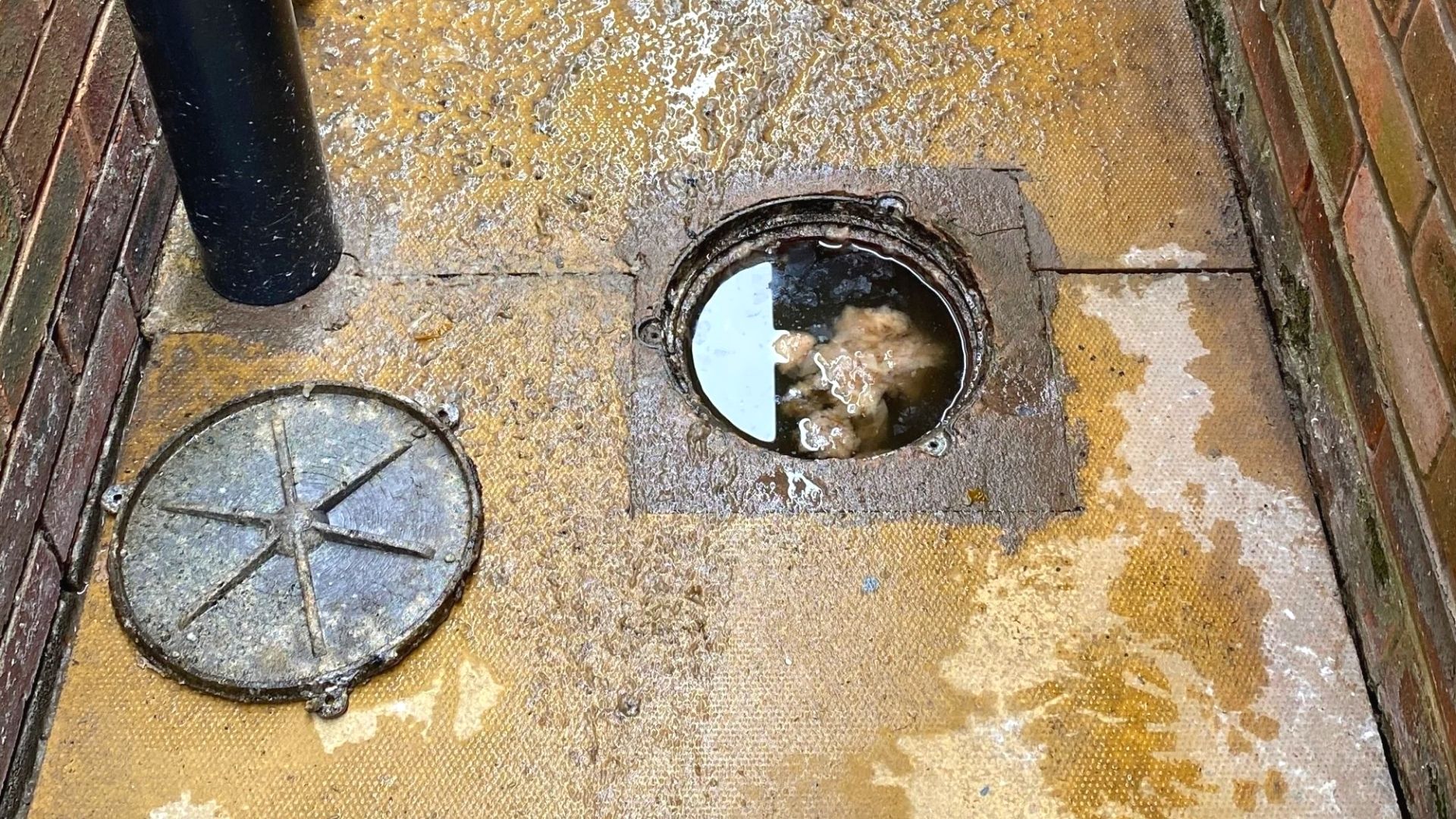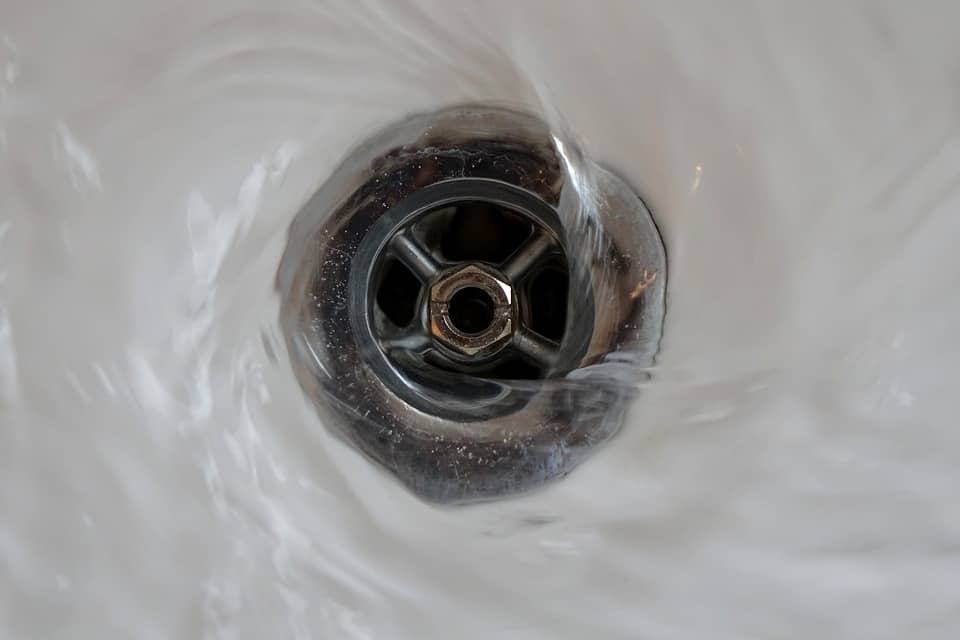Steps to Handle a Blocked Drain Prior to Seeking Expert Help
Steps to Handle a Blocked Drain Prior to Seeking Expert Help
Blog Article
We've uncovered this great article pertaining to Some easy tips to fix blocked drains down the page on the web and believe it made sense to relate it with you on this site.

Introduction
Handling a blocked drain can be a frustrating experience, interfering with daily activities and possibly triggering damages to your home. Nonetheless, before connecting to plumbing experts, there are steps you can take to attend to the concern on your own. In this guide, we'll check out DIY solutions and preventive measures to tackle an obstructed drainpipe effectively.
Recognizing the Problem
The very first step in addressing an obstructed drain is acknowledging the signs. Slow-moving water drainage, gurgling noises, foul odors rising from drains pipes, or water support up prevail indications of a blocked drainpipe. Identifying these indicators early can help stop further difficulties.
Selecting the Right Plumbing Solution
When choosing a plumbing solution, take into consideration factors such as experience, licensing, and consumer reviews. Select a credible plumbing professional with a performance history of top quality craftsmanship and clear prices practices.
Price Factors to consider
The expense of expert drain cleaning company can differ relying on the intensity of the obstruction and the plumber's prices. Demand quotes from numerous service providers and ask about any kind of service charges to ensure transparency and prevent surprises.
Safety Precautions
When trying DIY drain cleaning, focus on safety. Wear safety gloves and eyewear to stay clear of contact with hazardous chemicals or germs. Never ever mix various drain cleansing products, as this can generate dangerous fumes.
Case Studies
Real-life examples highlight the effectiveness of do it yourself services and the value of prompt expert treatment in fixing drainpipe clogs.
Common Reasons For Obstructed Drains
Recognizing the factors that contribute to drain blockages is important for efficient resolution. Common offenders include hair, soap residue, grease, food debris, and international items like sanitary items or paper towels. Tree roots invading below ground pipes can additionally trigger significant blockages.
Do it yourself Solutions
For small obstructions, several do it yourself services can be efficient. Pouring boiling thin down the drainpipe can aid dissolve oil and particles. Baking soda and vinegar or a mixture of salt and cooking soft drink can act as natural cleansers. Making use of a bettor or pipes serpent to displace blockages is another choice.
Devices and Tools
Having the right tools handy can make do it yourself drainpipe cleaning much more effective. A plunger is a flexible tool for getting rid of clogs in sinks, commodes, and showers. A pipes snake or auger can reach deeper clogs, while drainpipe cleaning chemicals can be used very carefully for persistent blockages.
Preventive Measures
To avoid future clogs, embracing safety nets is crucial. Install drainpipe guards or strainers to capture hair and debris prior to they get in the pipes. Regularly flush drains with hot water to liquify oil buildup, and stay clear of disposing of grease or solid waste away.
When to Call a Professional
While DIY options can deal with minor clogs, particular indicators indicate the need for professional aid. Relentless blockages, foul odors in spite of cleansing initiatives, or multiple drains supporting at the same time are red flags that require professional treatment.
Final thought
By following the tips outlined in this guide, you can efficiently take on blocked drains pipes and avoid future pipes issues. Whether opting for DIY remedies or looking for professional help, punctual activity is vital to maintaining a healthy plumbing system and protecting the stability of your home.
How to Clear a Clogged Drain Yourself (And When to Call In the Professionals)
What Can Clog a Drain
Dirt Skin flakes Hair Grease Soap scum Food Offset pipes Tree roots Small objects Mineral buildup DIY Tricks to Unclog a Drain
You can fix this! Once you have identified the source of the clog (or have a vague idea), you can try one or a combination of these fixes in order to clear your plumbing.
Wire Hanger or Snake
Untangle and clear out hair from a drainpipe with a homemade snake. Use a straightened-out wire hanger with a 90-degree angle hook to locate the clog and drag out any unwanted material.
Remember not to push the clog further down to where the wire hanger cannot reach! If you need to follow up with a plunger, give it a try. Your efforts might be more successful after it’s been wire-snaked.
If you want to get fancy and don’t have a wire hanger to spare, head to the store and pick up a hand-operated drain snake. You can get one for $10-$30. It may save you the hassle, and provide additional length to reach deep into the clogged pipe.
Plunger
A cup plunger has a suction cup attached to a wooden handle. The rubber creates a seal around the drain, and increases the pressure force of the plunger.
Plunge for 30-second increments to loosen the clog. This may need to be repeated over the course of 15-20 minutes. Once plunged, run the water to flush the remaining material out of the drain.
Remember– never use a plunger if you have used a chemical drain cleaner. These chemicals can splash up from the force of the plunger and cause serious injury or burns.
Boiling Water
Hot water can sometimes break up materials into a flushable amount. Dirt, grease, and soap buildup requires heat in order to unstick from surfaces.
Take your kitchen kettle and heat your water to a boil. Once it reaches a rolling boil, pour it directly down the drain into the blockage. Carefully follow with plunging, if necessary.
Don’t worry if this takes more than one try! It can often take multiple kettles and repeated plunging in order to clear a particularly stubborn clog.
Chemical Drain Cleaner
As a last resort, pick up a bottle of chemical drain cleaner. Drain-cleaning chemicals are potent, and not very good for the environment.
You may need to wear protective eyewear in gloves before handling your bottle of chemical drain cleaner. Follow the instructions printed on the bottle, and flush with water as soon as the instructions allow. Do not follow with plunging.
Baking Soda and Vinegar
As a safer alternative to chemical drain cleaner, baking soda and vinegar can create a chemical reaction that clears tough clogs.
Combine one cup of cleaning vinegar with one cup of boiling water, and set aside. Once you have done this, pour half a cup of baking soda down the drain. Give the baking thirty seconds to settle and cover a large portion of the problem drain.
Following the baking soda, pour down your vinegar and hot water solution. Once the vinegar and baking soda combine, the mixture will bubble and fix. Let this reaction fizzle in the drain for about an hour.
After an hour, follow with a kettle’s worth of hot water. The heat and liquid should flush out any remaining material.
When to Call a Plumber
If your DIY attempts haven’t cleared your clog drain, it’s time to call in a professional. It’s not worth losing access to your kitchen sink or high-traffic bathroom. A clog in a vital area can keep you from the things you’d rather be doing, and derail your routine.
Anytime a clog is causing water to spread is a time to call in a plumbing service. What starts out as a little bit of water can quickly grow into serious, expensive water damage.
Additionally, a serious clog can result in burst pipes or serious leaks. Make sure you know when to take it seriously!
https://myguysnow.com/how-to-clear-a-clogged-drain-yourself-and-when-to-call-in-the-professionals/

Hopefully you enjoyed reading our piece on How to handle a clogged drain in your home. Many thanks for spending some time to read through our article. Do you know another individual who is looking into the niche? Feel free to share it. Thanks a lot for your time invested reading it.
Book Now! Report this page